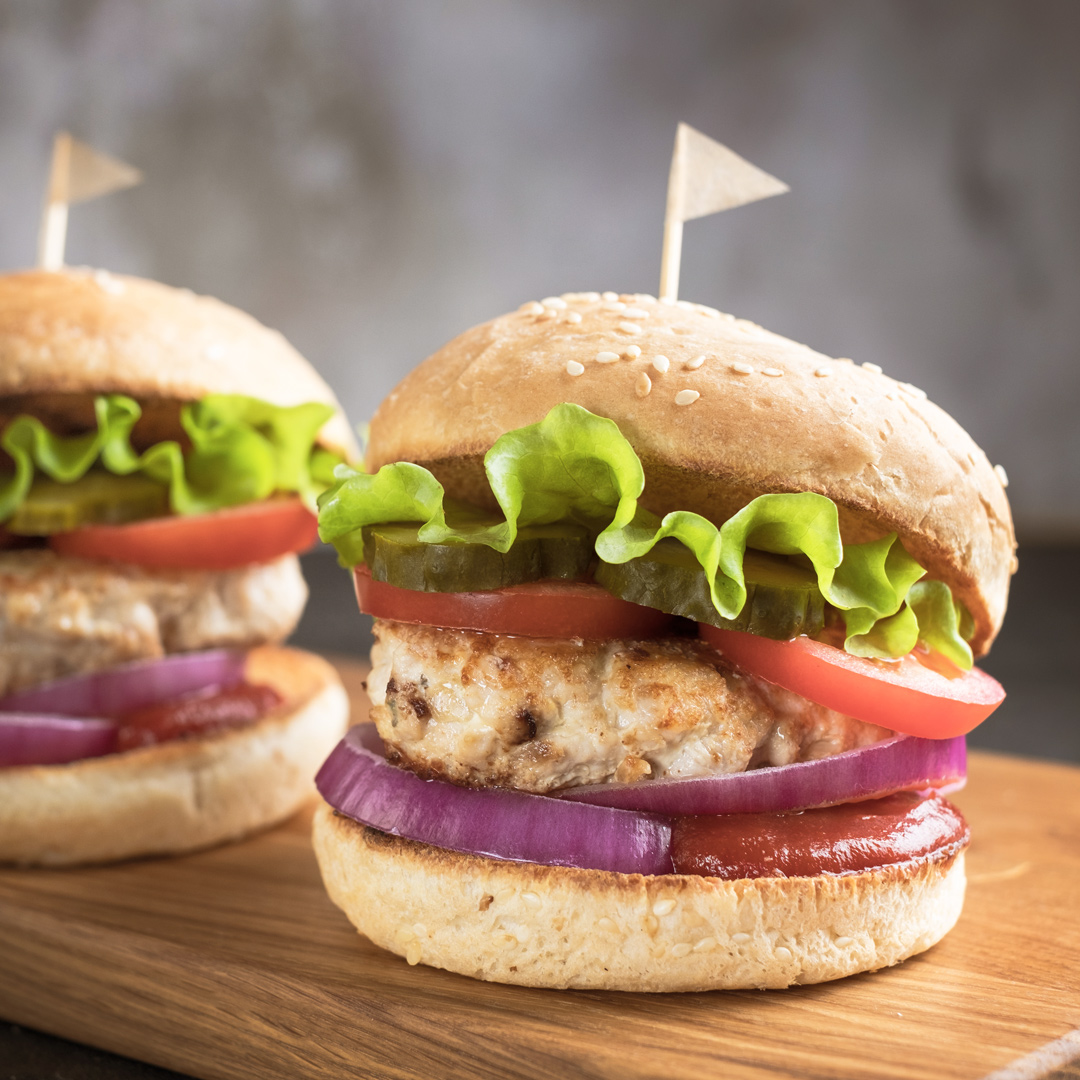This is a guest post by Elsa Larson.
*This website is not intended as a substitute for medical advice. Please consult your doctor if you believe you may have Fibromyalgia.
Fibromyalgia, according to the Mayo Clinic, is a disease that affects the musculoskeletal system. This causes widespread pain which can be as simple as a neck ache or as serious as crippling pain over the entire body. Other symptoms include depression, anxiety, fatigue, cognitive impairment known as fibro fog, and headaches. The Mayo Clinic also states that fibromyalgia is hereditary and tends to become active after illness or physical and emotional trauma.
The National Fibromyalgia Association states that between three and six percent of the world’s population is affected by fibromyalgia – over 10 million U.S. citizens suffer from it. While anyone can get fibromyalgia, it is most common in women – between 70 and 90% of fibromyalgia sufferers are women, and it hits typically between ages 20 and 50.
While no one in my family suffers from fibromyalgia, my best friend was recently diagnosed. At 27, she has lived with severe pain, back problems, and a plethora of other symptoms and conditions. There is no cure for fibromyalgia, but with this diagnosis, she can finally get the medication and treatments she needs to manage it.
As with many other diseases, being careful of what you put in your body is important. Nutrition and diet can play a large role in severity of symptoms. According to MedicineNet, the foods you need to eat or avoid vary person to person. There are seven foods or ingredients it does advise you avoid, but make sure you listen to how your body feels: aspartame – which you should avoid anyway, additives such as MSG and nitrates, sugar, fructose, and other simple carbs, caffeine, yeast and gluten, dairy, and nightshade plants such as tomatoes and chilies.
Turkey Burger Recipe with Sweet Potato Fries
Turkey burgers are typically a healthier alternative to hamburgers. Depending on what flares your symptoms, you may add or omit ingredients as needed. While potatoes are listed as being a nightshade plant, sweet potatoes are not.
What you’ll need:
- 1 lb. turkey meat, the leaner, the better
- 3 large sweet potatoes*
- Hamburger buns
- Salt
- Pepper
- 3-6 cloves garlic
- 1 artichoke
- ½ onion
- Lettuce
- 4-6 asparagus stalks
- Oil as needed
- Pan or grill
- Glass casserole dish or oiled/foiled cookie sheet
*Can substitute bagged sweet potato fries
Directions & Tips:
These burgers can be cooked on a grill or in a pan on the stove. Empty your meat into a metal bowl – plastic can retain smells and fats, compromising foods you later make. Spice to taste – I like garlic, so I would add a few cloves. If you want to be adventurous, chop an artichoke and add to the burger. Onions can provide a great flavor to your burger – I hate onion, but cooked onions are aromatic and change flavors when cooked, making it bearable or even delicious. You can either cook the onion and garlic before adding, or mix in raw. Add salt and pepper or other spices to taste. Be mindful of what causes your flares.
Preheat your oven to 400 for fries, 425 for wedges. Wash and scrub your sweet potatoes. Decide if you want skin on or if you’re going to peel it. You can either make these into wedges by cutting in half longwise and then cutting each half into four, long wedges each or you can cut them into long French fry strips, approximately 1 inch high. You can cook these with a drizzle of oil in a glass cooking dish or on a cookie sheet with oil or oil and foil. Depending on your taste, salt and pepper, adding a little crushed or minced garlic. Fries cook for approximately 10 minutes, wedges for 20. Depending on your stove and altitude, you may need to adjust the times accordingly.
If cooking in a pan, add oil and let the pan come to temperature over medium high heat. Form your patties and place in pan, be sure not to crowd your burgers. Cook evenly on both sides, approximately five minutes each. If you like your burgers cooked more, do so. Consuming undercooked meat can be hazardous.
If you would like more color and nourishment, steam some asparagus. Snap off the thick, pink bottoms. Cut or snap the stalks in half and place in steamer. If you prefer baked asparagus, these can be cooked with your sweet potatoes; about 10 minutes if you like them soft, up to 20 if you like them to be crunchy like your fries.
When your meal is ready, plate and add toppings as needed. You can use regular hamburger buns if wheat, gluten, yeast, and sugar are not harmful to your condition. Udi’s offers several gluten-free bun options, but they all contain sugars. If you’re very crafty, you may be inclined to make your own buns to avoid these ingredients. As always, what you can add to the recipe is specific to your needs and symptoms. If you like peppers, even sweet bell peppers, and they don’t flare your symptoms, feel free to add them. I hope you’ve enjoyed this recipe as much as I have. Don’t forget to check out Lupus Chick for more articles and recipes pertaining to this and other disorders.

Be the first to comment